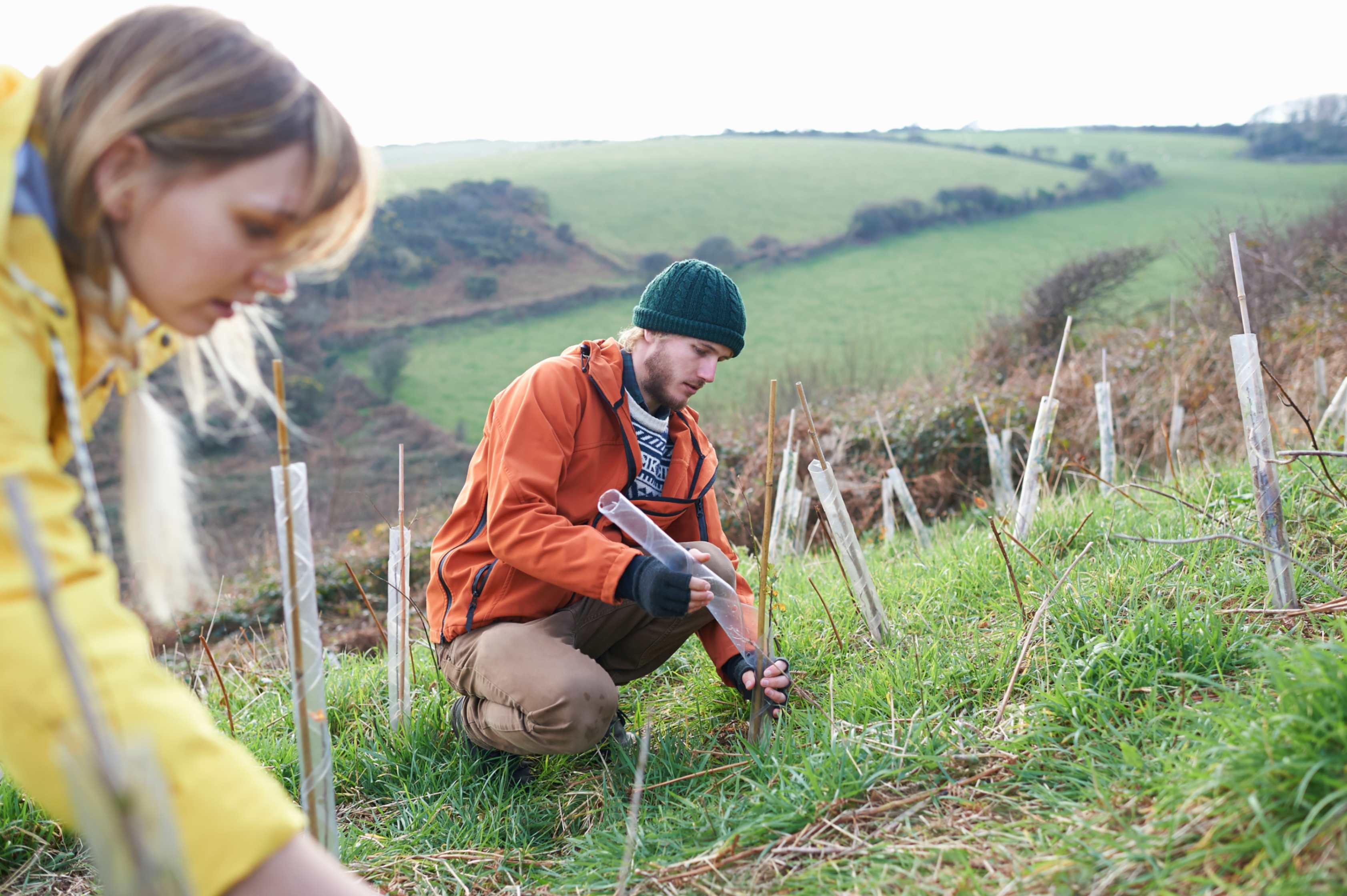How can nature support the ‘S’ in ESG?
Social value is an increasing focus for many businesses. Nature and the environment are also highly valued by employees. So how can these two trends influence the other?
4 minutes to read
ESG—short for Environmental, Social, and Governance—has become a common term, yet its true meaning is often overlooked. ESG is a set of standards used to evaluate an organisations broader impact.
The environmental aspect aims to address how a business manages its ecological footprint; the social pillar focuses on the company’s relationship with employees, customers, and communities; and governance examines how transparent and accountable its leadership is. Together, these elements measure an organisations responsibility to both society and the planet.
As part of Knight Frank’s ESG consultancy team, I focus on the ‘S’ pillar within ESG. Social value is becoming increasingly important in the built environment, while ESG reporting drives sustainable business practices. Social value takes a broader approach, offering distinct advantages for businesses looking to demonstrate their positive impact.
Unlike ESG, which focuses on sustainability metrics, social value emphasises how decisions affect people, communities, and the environment. It’s about enhancing well-being, improving quality of life, and fostering long-term positive outcomes—extending the idea of value beyond just financial returns.

Community value - businesses can support by funding projects that bring people together and support their well-being.
Increasingly, businesses are recognising the importance of social impact—not just for ethical reasons but also for sustainability and economic growth. At its core, social value is about additionality: understanding the positive outcomes a project creates and seeking ways to amplify them.
Our social value consultancy offering at Knight Frank helps clients understand and maximise the social impact of their projects across their property portfolios by developing innovative and effective social value strategies, enabling them to build stronger relationships with key stakeholders and foster meaningful community engagement.
In the built environment, social value is realised when spaces improve people's quality of life by supporting social, economic, and environmental well-being. Real estate owners can play a pivotal role by designing and managing properties that generate positive outcomes, reduce inequalities and promote long-term impacts on communities, economies, and society.
While social value is more commonly associated with urban projects, it is just as crucial for rural areas. By integrating social value into rural property management, we can unlock potential that benefits both communities and the natural environment.
The power of green
While nature is often seen as part of the "E" in ESG, it also plays a crucial role in delivering social value. Many studies highlight how exposure to green spaces and biodiversity enhances mental well-being. According to the ONS, direct or indirect exposure to nature—whether through views or time spent in natural settings—improves physical, mental, and social health. The calming effect of the colour green has even influenced the rise of biophilic design in modern offices. Developers are now integrating green spaces to support emotional well-being alongside physical development, including in urban projects.
Providing access to nature is increasingly recognised as a cost-effective and compassionate way to address mental health challenges. For rural businesses like farms and estates, this presents a valuable opportunity to diversify income streams while supporting public well-being.
Social responsibility
Most firms will have corporate and social responsibility (CSR) programmes that tie in with their ESG strategies. Again, nature has a huge role to play.
We often hear carbon credits mentioned in relation to net-zero and climate change mitigation, but corporate investments in nature, either directly or via biodiversity credits offer wider social benefits as well.
Helping to conserve endangered ecosystems, for example, doesn’t just protect plants and animals, but also provides a crucial lifeline for the communities that rely on them to survive.
Investing in nature
Some businesses have already invested in agricultural land or moorland to help them offset their carbon emissions by planting trees, but owning nature directly could also provide significant social value, too.
Providing employees and their families with regular access to fields or woodland will boost, as mentioned earlier, their wellbeing and mental health.
But allowing them to go further and get personally involved in conservation schemes such as tree planting or establishing new nature-friendly habitats will really raise the corporate ESG bar.

Talking about delivering social value via nature is one thing, putting it at the heart of a business is a gamechanger.
Read more about the link between social value and rural estates here.
Find out more about our Social Value Consultancy services here.